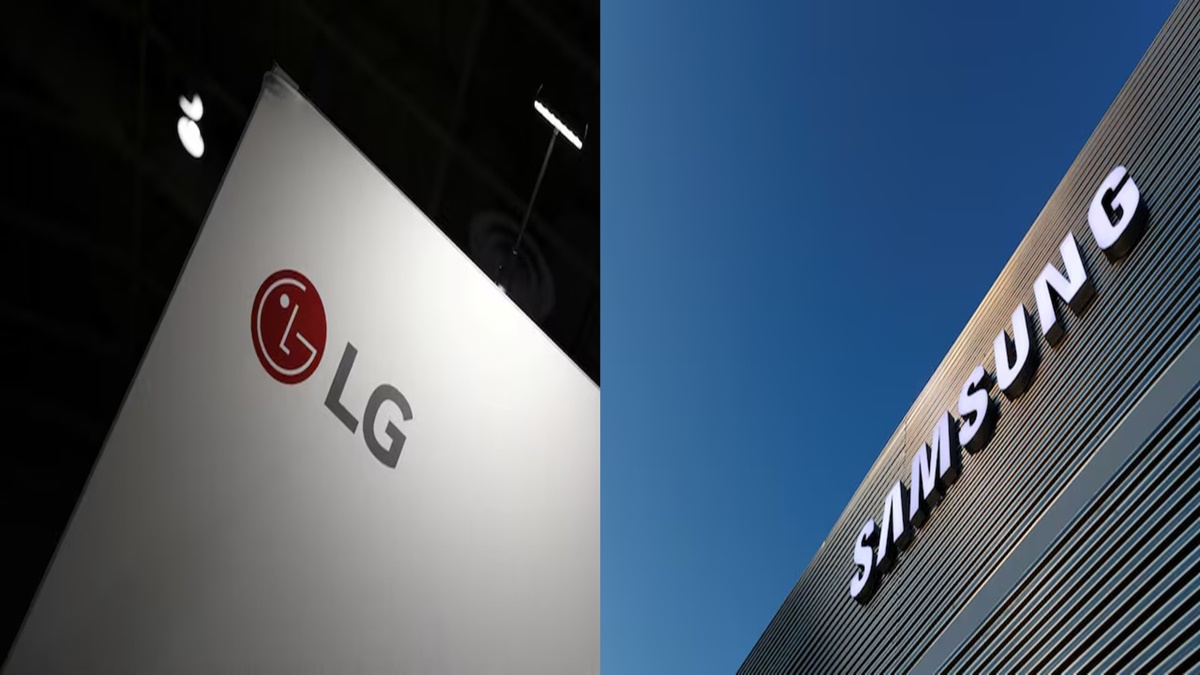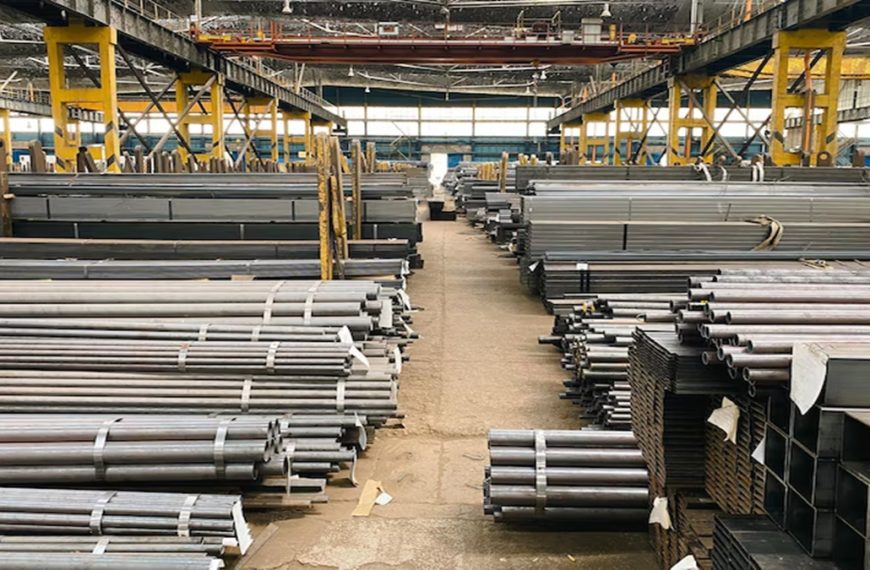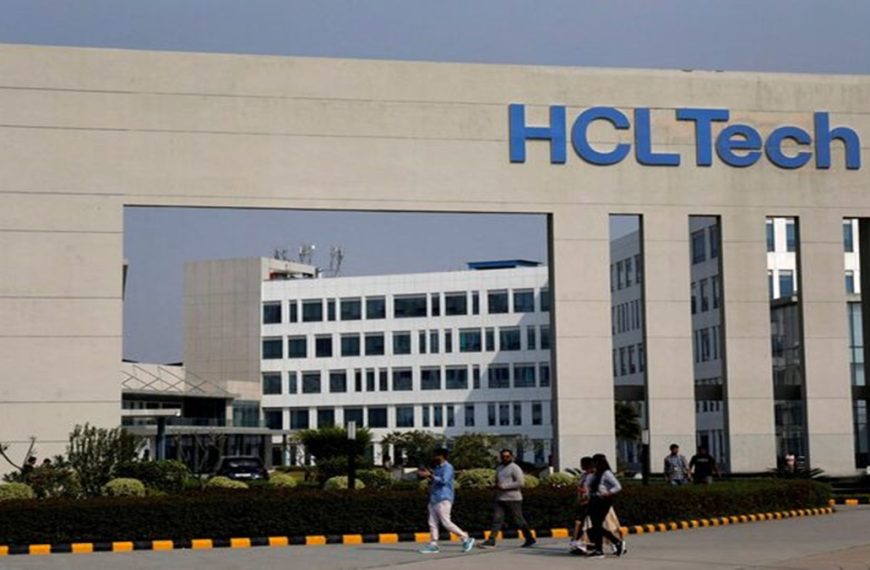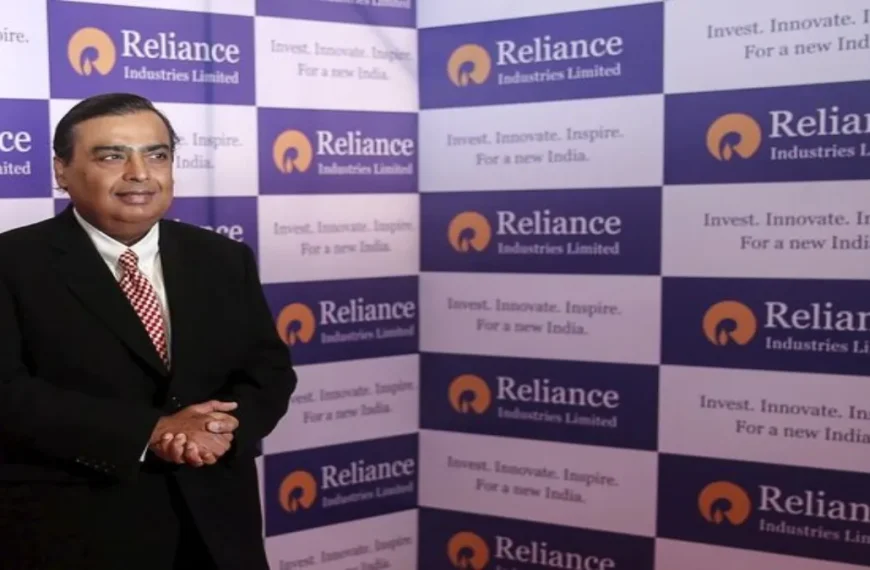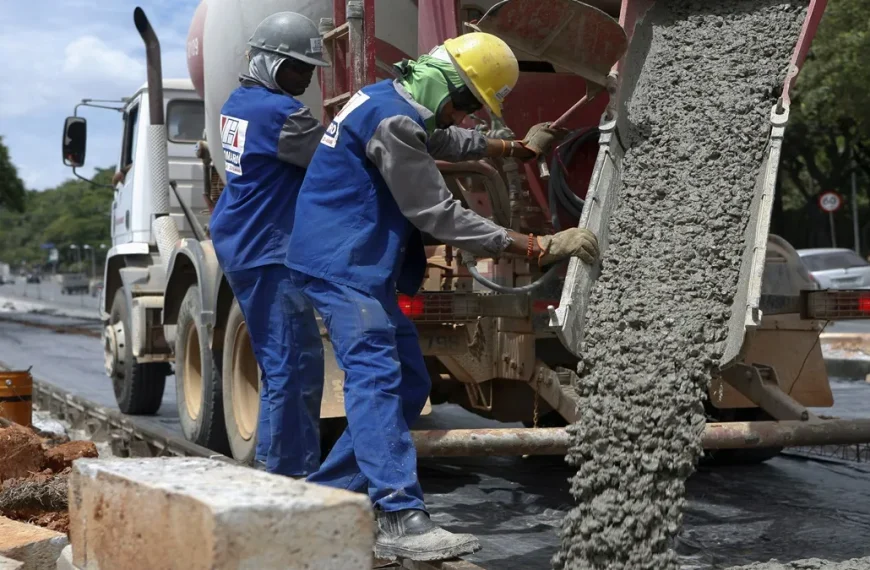In a significant legal move, major South Korean electronics companies, LG and Samsung, have initiated lawsuits against the Indian government regarding its controversial electronic-waste management policy. This policy, which they argue inflates their recycling costs, has attracted attention from other industry players like Daikin, Havells, and Voltas.
Electronic-Waste Management Policy Under Fire
Back in September 2022, the Indian government introduced a new regulation that sets a minimum payment structure for recyclers. According to the guidelines, electronics manufacturers are mandated to pay a baseline rate of ₹22 per kg for consumer electronics and ₹34 per kg for smartphones.
While the intention behind this policy is to encourage more formal participants in the recycling sector and to attract investments, LG and Samsung are pushing back against these mandated floor prices.
Industry Concerns Over Rising Costs
Experts predict that the new pricing regulations may pose a greater challenge for air conditioner manufacturers, whose costs per unit will rise significantly when compared to smaller electronic device manufacturers.
In its comprehensive 550-page court submission, LG criticized the pricing rules, asserting that simply burdening companies with high costs under the “polluter pays principle” will not achieve the desired environmental objectives. The company emphasized that if the informal sector remains unregulated, it signifies an enforcement failure on the government’s part.
Samsung echoed these sentiments in its 345-page filing, arguing that regulatory price controls do not necessarily align with environmental preservation efforts and could lead to considerable financial strain for manufacturers.
Calls for Market-Driven Solutions
In an attempt to address these concerns, LG reached out to the government in August, urging a reconsideration of the proposed rates, deeming them excessively high. The company advocated for a market-driven approach to pricing, which would allow for more competitive and fair outcomes.
India’s E-Waste Landscape
India currently ranks as the third-largest generator of electronic waste globally, trailing only behind China and the United States. However, the recycling rate in India remains alarmingly low; only 43% of e-waste was recycled last year, with a staggering 80% of the sector being dominated by informal scrap dealers.
Research from Redseer indicates that India’s recycling figures are still significantly lower than those of the US, where recycling rates are up to five times higher, and in China, where they surpass India by at least 1.5 times.
Ongoing Legal Challenges
The legal landscape surrounding this issue is evolving, with Blue Star reportedly also filing a lawsuit against the new regulations. Meanwhile, Hitachi has filed a complaint but has since sought to withdraw it.
As the situation unfolds, the electronic industry will be closely monitoring the implications of these regulations and the ongoing legal battles, as they could have lasting effects on the future of electronic waste management in India.

